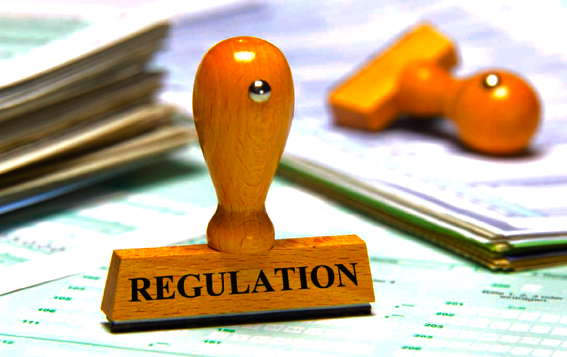 Forex market is decentralized and there is no central agency that controls the market. However, there are several government and independent agencies that supervise the working of these markets. These regulations are meant to have proper processes for smooth running and to avoid the scams and unethical practices to protect the investors. These regulatory agencies are country or economic zone dependent and could be governmental or independent.
Forex market is decentralized and there is no central agency that controls the market. However, there are several government and independent agencies that supervise the working of these markets. These regulations are meant to have proper processes for smooth running and to avoid the scams and unethical practices to protect the investors. These regulatory agencies are country or economic zone dependent and could be governmental or independent.
Speculative trading in the retail forex market continues to grow. As a result, there can be intermediaries (like banks or brokers) who engage in financial irregularities, scams, exorbitant charges, hidden fees, high-risk exposure offered through high-leverage levels, or other bad practices. Internet and mobile app-based trading allows smooth trading, but also have dangers such as unrecognized firms running sites that may close unexpectedly and abscond with investors’ money. As a result, regulations are necessary and set by competent authorities to ensure such practices are avoided.
Some of the more recognized forex regulators are FSA located in the United Kingdom, CySec out of Cyprus and the SEC in the United States if the broker is permitted to trade to American clients. In addition to a local forex regulation, some brokers find it important to acquire memberships from professional and governmental bodies such as Markets in Financial Instruments Directive (MiFID), a European Union law that provides harmonized regulation for investment services across the 30 member states of the European Economic Area and the Investor Compensation Company Limited (ICC).
While regulation in forex markets was virtually non-existent in earlier years, the rapid growth of forex trading among retail investors has led to increasing scrutiny and regulation by bodies. Regulations are aimed at protecting individual investors and ensuring fair operations to safeguard clients’ interests. The most important criteria when selecting a forex broker are the regulatory approval status of the broker and which authority governs the broker. A regulated broker not only follows forex regulation, but also offers safety, reliability, and security.
Nevertheless, even regulated and well-established companies sometimes get caught engaging in fraudulent behavior. Accordingly, make sure to double check a broker's credentials, policies, reputation and business standing before committing any of your hard earned funds to an account with them. If a forex broker is regulated, the name of the forex regulator and license number should be transparently listed somewhere on the broker’s website. Oftentimes this is not so readily found and a trader must turn directly to the broker for this information or can look for the information on one of the available of online websites that list forex brokers and their forex regulation.







